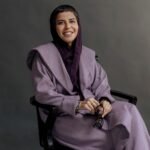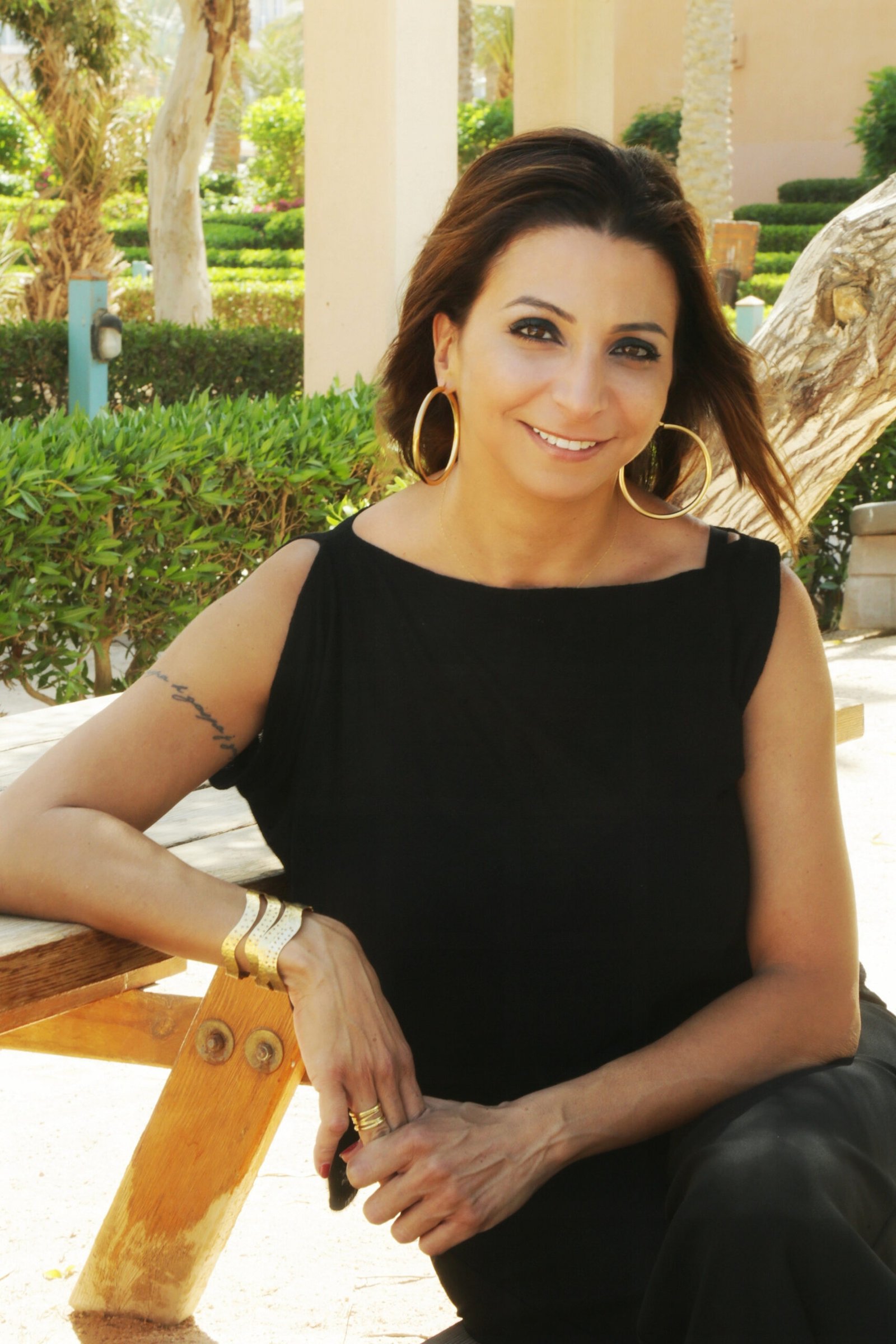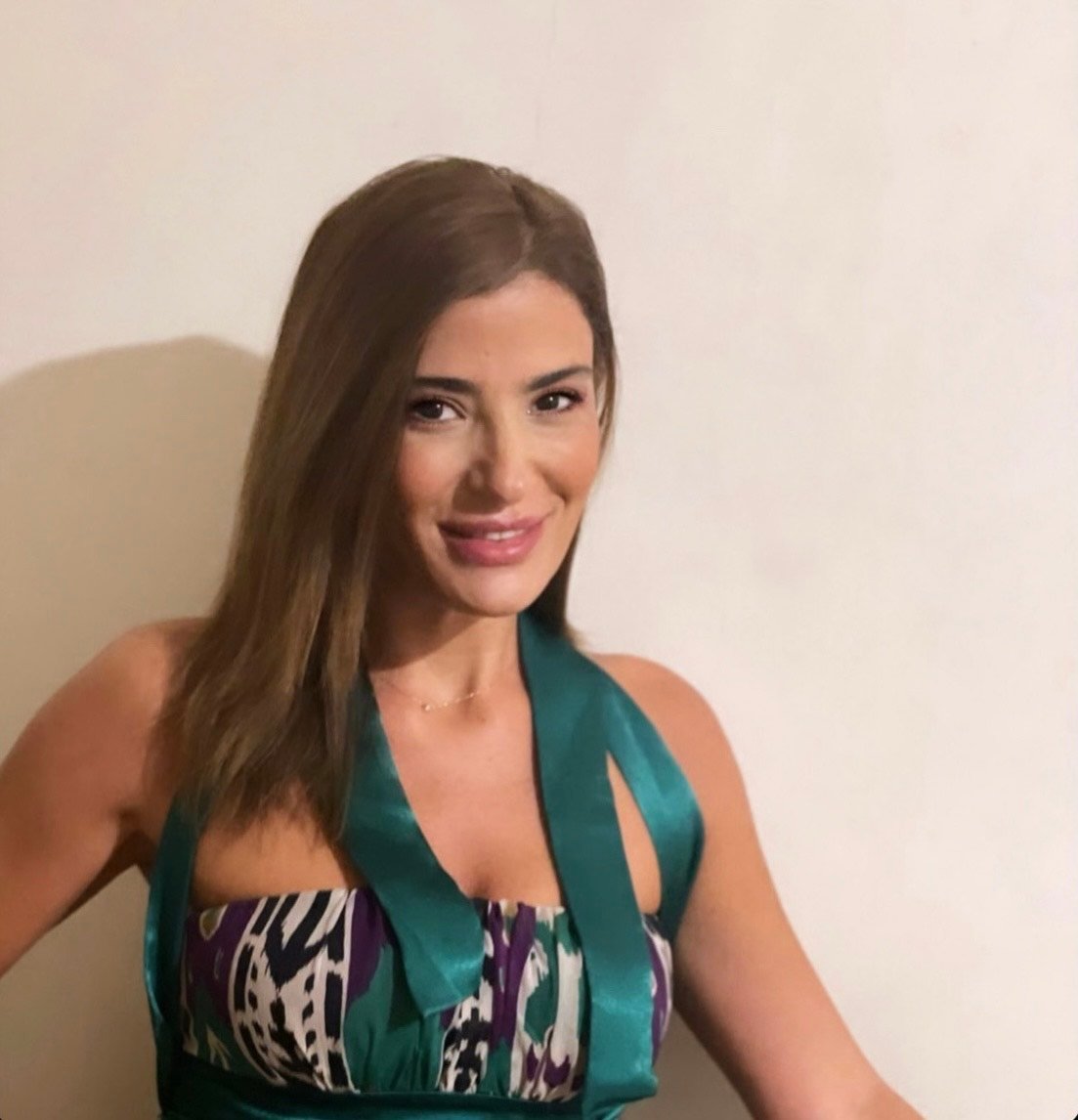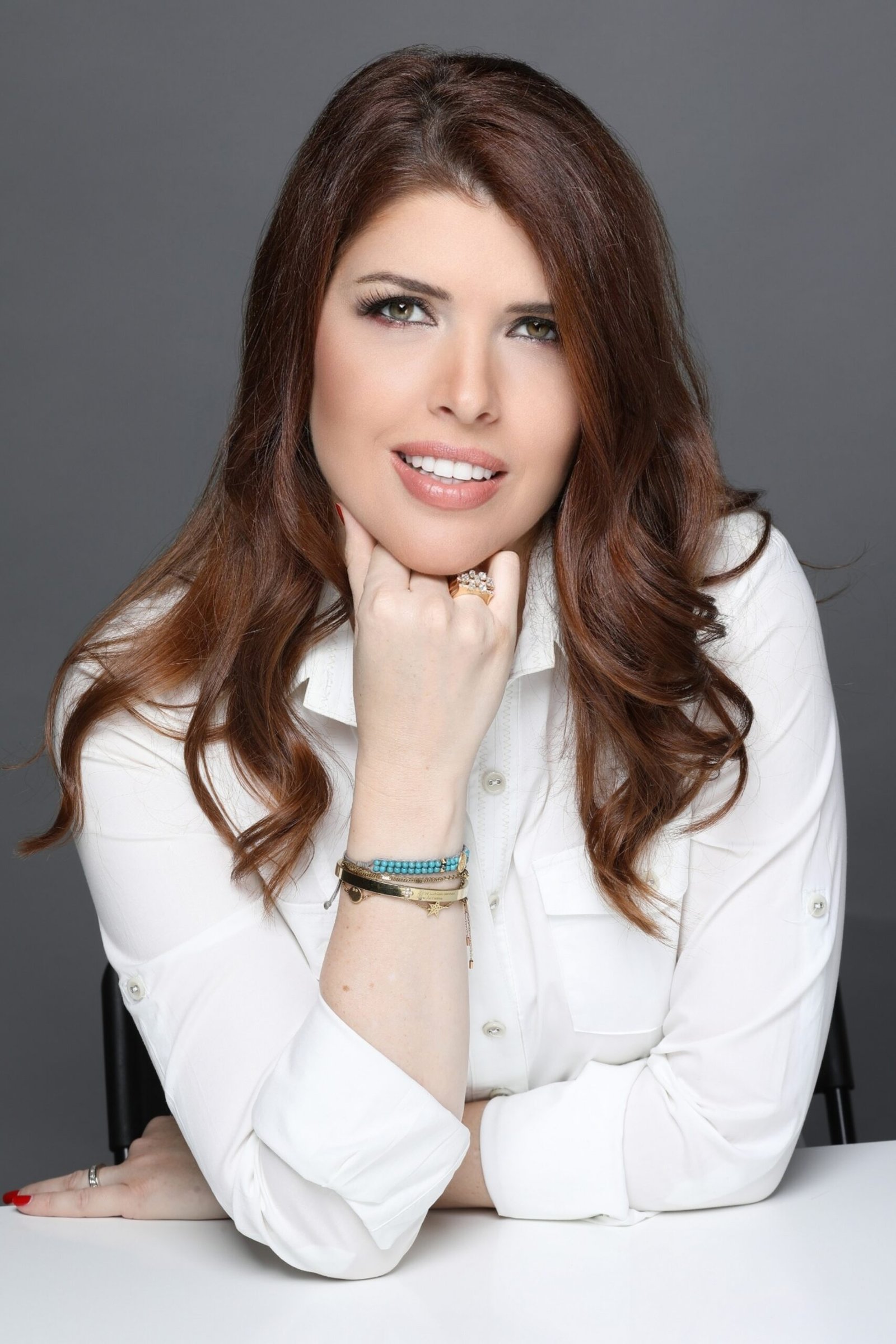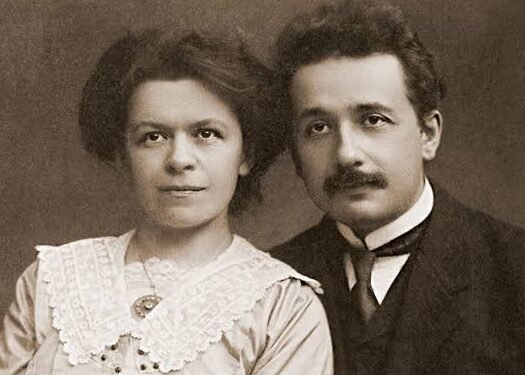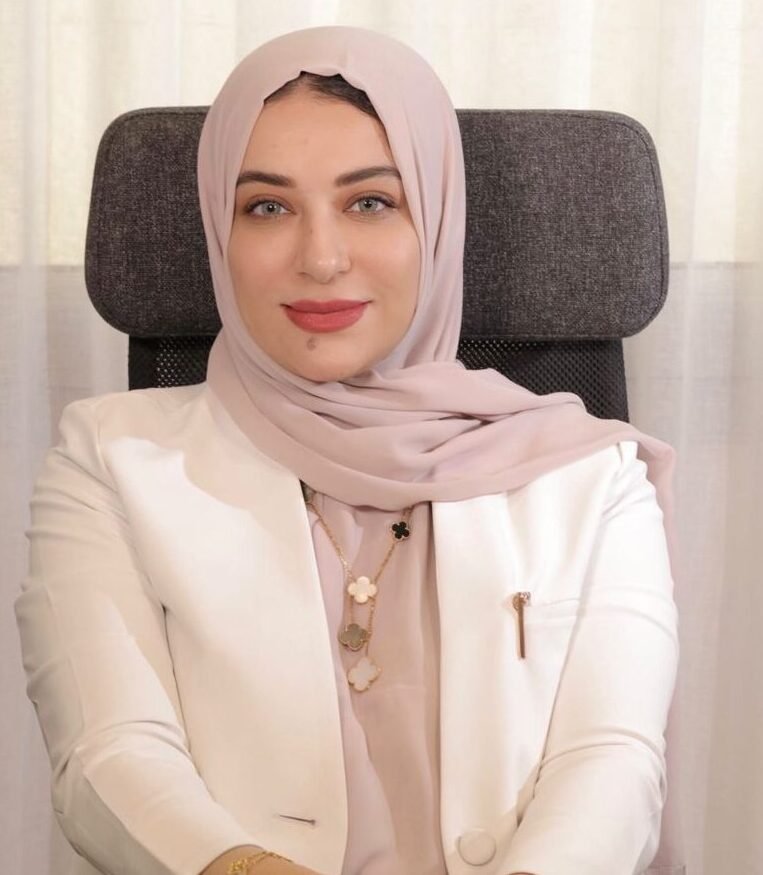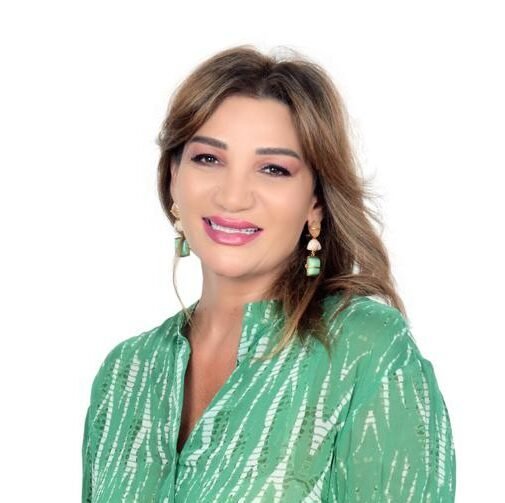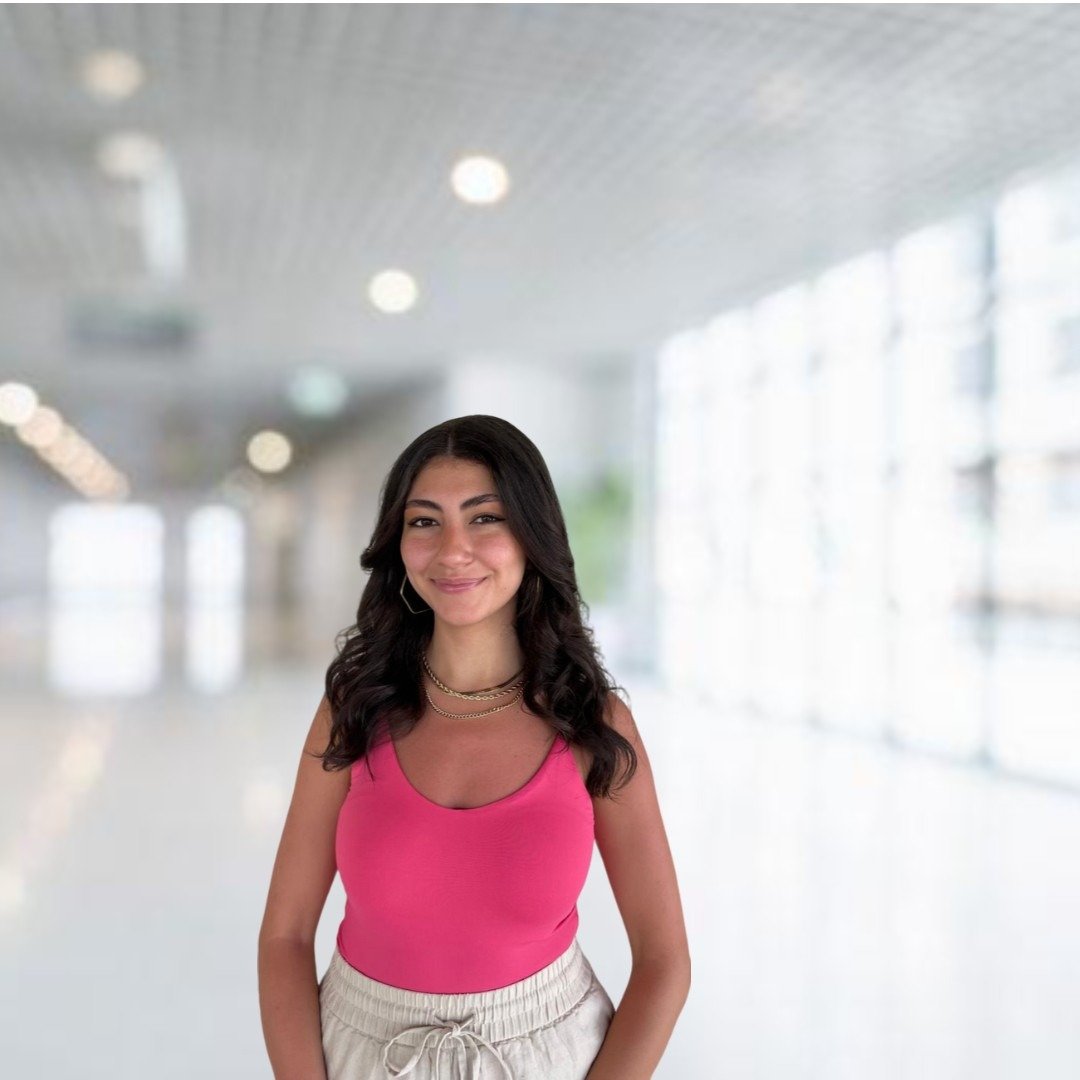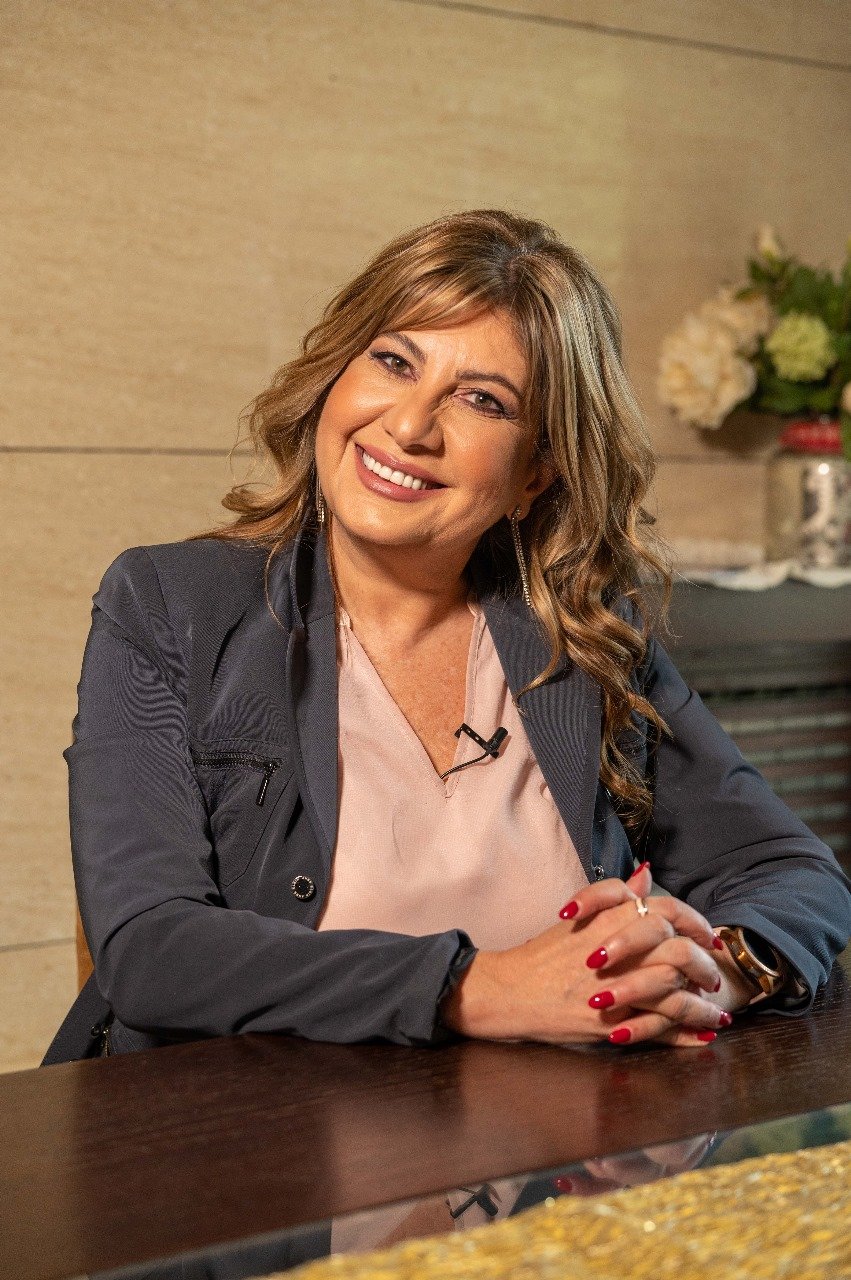Q: As a successful Medical Doctor, university instructor, social activist and writer, how has being a woman enriched you to have a fulfilling life and to become the person you are today?
How have you built up your personality traits in a smart and rewarding way?
A: Like Rome, my personality was not built in a day. As a woman, I always have had a burning desire to prove that success in life knows no gender. The building block of my personality was my family. Their insightful guidance was a key determinant of my success as a doctor, professor, activist and writer.
Q: As a woman living in a patriarchal society, how supportive has your environment been all along your career path? Have you faced gender-based critiques? What were the main obstacles you faced during your career and how have you reacted to challenges in order to sustain productive progress? How important is it to keep one’s eyes on a goal despite difficulties, and how, in your opinion, a more helpful society could have been a source of support to your path?
A: Having an enlightened family environment where women are recognized for being vital components of society helped me undermine gender issues. Moreover, being surrounded by caring people has been the antidote for such gender-based critiques.
Having mentors and colleagues is an added value to my professional life because the satisfaction we feel after achieving a professional goal largely outweighs the challenges we face. Certainly, this cannot be achieved without a firm conviction that positive thoughts attract positive rewards. As for your hypothetical question about the role of a more helpful society in further facilitating my path, I think that living in a challenging one can be more rewarding. This is because successful people experience a painful sharpening from time to time, but they will need it to become ‘ better pencils’.
Q: As a Medical Doctor receiving different cases on a daily basis, what are the main characteristics, skills and practices that help a doctor genuinely connect with their patients?
How imperative yet difficult is it to be humane, empathetic, strong and realistic at the same
time?
A: Firstly, empathy and humane treatment are imperative because they create a genuine rapport between the caregiver and the patient. I developed an empathetic character through active listening to the patients’ agonies and I cultivated a humane character through kindness with them. Secondly, strength of character is equally important because it helps set the limits recommended by the professional practice guidelines. Sometimes, excessive empathy may create delusional beliefs in some patients. This may run the risk of unconsciously mistaking a healthcare professional for a close person. At other times, inadequate empathy may lead to a lack of medication adherence or to victimization. That is why striking a balance to reach what Aristotle calls ‘The Golden Mean’ between an empathetic and assertive character is highly beneficial for both doctors and patients.
Q: Keeping yourself updated and aware of all the innovations in your field is crucial in your area of expertise. In your opinion, how important is it to have both vertical and horizontal
knowledge?
A: You touched upon a fundamental point. My big interest in kidney care innovations is fueled by my unshakable belief that knowledge is power. An updated medical doctor improves health care, increases patient satisfaction and makes the hospital powerful. In other words, knowing about the latest findings in my field can have a big positive impact on healthcare in general. Likewise, having an adequate understanding of other associated fields is very crucial for any future interdisciplinary project.
Q: As an instructor, you work closely with students and youth. How important is it to give the youth the right opportunities to exploit their talents, abilities, skills and potential? What are some tips that you judge to have been helpful to you as a student, which you can pass on to your
students?
A: Opportunities are ideal circumstances for doing something. I believe that as we grow older, there are parts of ourselves that get repressed and forgotten; such parts are full of positive qualities to be explored. Once given the right opportunity, we become aware of such qualities, and we become free from the shackles of many unconscious forces.
When I was a student, my instructors always encouraged me to unleash my hidden potential. The proof is that every time I learned something, I had the feeling that I could do more. Now that I am an instructor, I keep transferring this desire for unstoppable improvement to my medical students with the hope to see all their potential unleashed.
Q: As a successful author, how did you discover your passion for writing, and how were you able to develop your writing skills?
A: This is an interesting question because it brings together different periods of my life. In my childhood, bedtime stories expanded my vocabulary, improved my listening skills and developed my imagination. At the age of 17, I managed to get my first essays and short stories published by Cambridge University Press (New York). One example was “My Father” which appeared in the compendium of essays entitled In Our Own Words. This shows how working on receptive skills such as listening is the ideal way to improve productive skills like writing. Since then, I got in the habit of writing daily, which I believe is the key to every author’s success.
Q: Tell us about your first book: how was your first writing experience, what motivated you to write it and what challenges did you face? How did you live the double-edged experience of
receiving both heart-warming comments and negative critiques?
A: My first book was a novel entitled Si Dieu Nous Prête Vie. Published in 2016, it is an endeavor to make the voice of dialysis patients heard. This is an emotionally charged experience because I wrote the novel in a hectic period of my professional life. Still, convinced that voicing the daily suffering of those patients is a noble cause, I had an unwavering motivation to write about them. Since constructive criticism is a type of feedback that helps us progress on solid ground, I welcome it with gratitude.
Q: How do you describe women’s challenges in your books, and how do you think they can overcome social pressures in complex environments?
A: Their challenges are mainly social. My novels describe their attempts to blossom out of affliction. The first means to overcome social pressures is education because women who receive better schooling lead healthy, productive lives, and their families will reap the fruits of their education.
Q: As a woman social activist, what are the best ways to translate one’s values and beliefs into practical actions?
A: Undoubtedly, one’s values and beliefs find expression in constructive social activism. Convinced that actions speak louder than words, I am highly committed to community life by taking important roles in several nephrology associations, including a kidney patient support association in the East of Morocco.
Q: What legislations could support and protect women in society and workforce?
A: Compared to many Arab countries, my country has reached a considerable level in the promotion of women’s rights. Nonetheless, there is still work to be done so that all women enjoy full social and economic equality.
Q: What advice can you give to young women to strategically plan for their goals and invest in their talents and passions?
A: Relative to an earlier question on opportunity, I believe that the more they are exposed to new contexts at school, at university or at work, the more talents they explore and develop. Hence, women’s flourishing is everybody’s responsibility.
Q: As a multi-tasker, what are your pieces of advice for ideal planning and time management, so
that you always achieve full potential? How do you manage stress and avoid burnout?
A: Your question is twofold; it is about time management and stress management. Although they have become very popular concepts in the world of business, I believe that our ancestors used to be good planners and stress managers. With careful planning, they usually created the ideal conditions for high crop yields, and with their indoor or outdoor absorbing activities, they generally managed their stress. In the same way, I manage my time by setting my priorities beforehand, and I manage my stress by spending enough time with my family and with myself reading a book.
Q: One last question: what is the best way for a person to strike a balance between their values even in the most unstable contexts?
A: Well, our values give sense to our priorities. My core values are gratitude and modesty. I believe that we should be grateful when receiving and modest when giving. Such values are life-regulating in the most unstable contexts thanks to the aura they leave around us.
Q: Thank you Professor for accepting to give us this interview.
A: My pleasure! I wish all readers a pleasant reading of my works.



